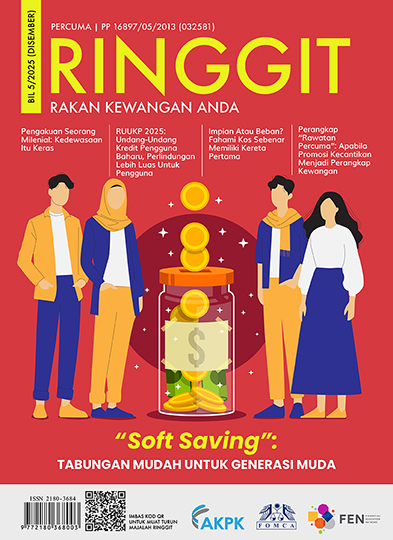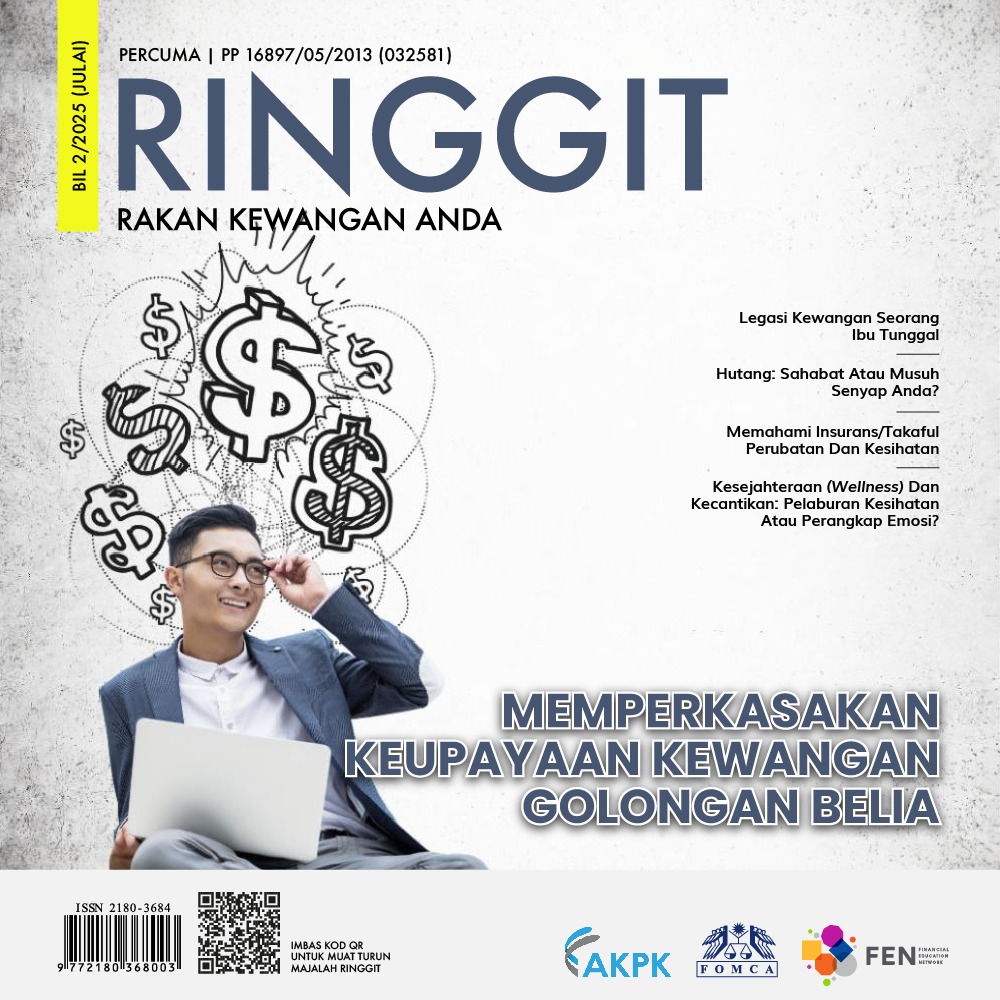Last year, consumers had been announced by the government that the electricity tariff for domestic and industry will be increase starting the year of 2016 due to the rebate cut by 33% which is reduced from 2.25 cent per kW/h to 1.52 cent per kW/h.
A cut in the power tariff rebate for peninsular Malaysia will see consumers paying 0.73 cent more per kW/h for the first six months of this year. However, the rebate for Sabah and Sarawak remain the same at 1.20 cent per kW/h.
The rising hike is due to the high price of coal and liquefied natural gas (LNG). Since Malaysia depends on these sources of energy in order to generate electricity, the country needs to use the global market price of coal and LNG.
According to Energy, Green Technology, and Water Minister, tariff rate is emanated from fuel cost savings and the Imbalance Cost Pass Through (ICPT).
Consumers already suffer from the rising hike of toll and public transport last year, not enough with that they are now surprised with the rising of electricity tariff starting this year. The rising hike of electricity tariff will leave the business with no options but to push the prices up since electricity is prerequisite in the manufacturing of goods.
Not only business which manufacturing goods will be affected, commercial business which provides services to the costumers such as hotels, restaurants, entertainment outlets and retail complexes also will be affected.
Indirectly, this will affect the consumers especially the low income earners because they need to pay more for the goods and services. According to Altman (2010), a research had been done in South Africa where electricity tariff increases not only affect households directly but also indirectly through raising food prices, even if only slightly.
Large increases in industrial and commercial electricity tariffs will increase food production, processing and retail costs.
Most industries such as manufacturing factory consume large amount of electricity to generate the machines and facilities for their productions. Industries will need to replace their machines and facilities with the more energy efficient facilities.
This also will make industrial consumers to be more innovative in designing new technologies which is more energy efficient that require less electricity for the generation.
Besides, electricity hike will have a negative impact on employment opportunities which affecting both employers and employees. The amount of employees will be reduced by the employers if they cannot afford to hire the high number of employees since they are already burden with the high cost of electricity and the maintenance of the buildings. This will ruin the job opportunities of the country.
Despite the burden that need to be carried by the consumers, the rising price of electricity also will encourage consumers to save energy and train them to be more thrifty in using the energy in their home.
Less consumption of electricity will lead to less of energy consumption. This is good in terms of saving the environment because it can reduce the amount of greenhouse gases emitted to the atmosphere.
In order to be more energy efficient in the house, consumers will need to install more energy efficient equipment such as LED lights and compact florescent bulb to replace current lights. However, these types of equipment are very expensive and again consumers need to spend their money more on these equipment in order to save electricity.
Consumers especially those who live in rural areas and cannot afford a high price of electricity tariff keen to substitute electricity with unsafe fuels such as paraffin. Energy theft or meter tampering also may occur in houses and business building in order for them to cut costs of the electric usage.
This device can be very dangerous to the consumers because it has no limit of energy usage. A domestic electricity meter contains 240 volts and a commercial meter could contain up to 460 volts. Exceeding the limit may cause shocks, electricity fires and even explosions.
In conclusion, the rising price of electric tariff gives significant impacts on the consumers and business. Government and related agencies such as Suruhanjaya Tenaga and TNB should do more detail research on the impacts of the increase in electricity tariff on consumers.
More outreach programs should be done with the cooperation of NGOs in order to educate the public to save energy.
Nurul Naim Razali
Federation of Malaysian Consumer Association





